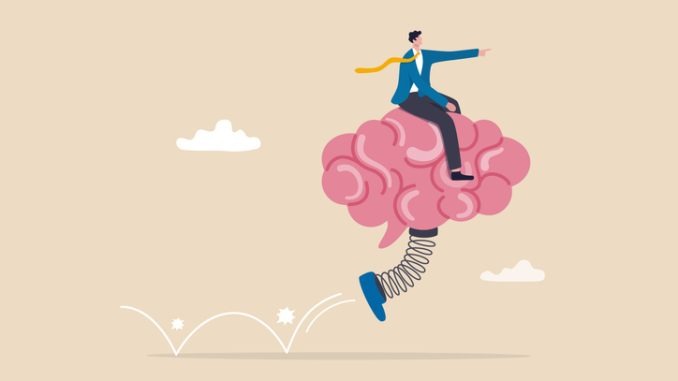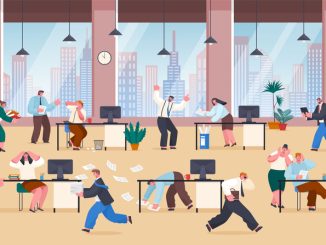
In today’s work environment, distractions abound, posing significant challenges to employee productivity. From constant mobile phone notifications to the temptation of social media, these distractions can derail even the most focused employees
CREDIT: This is an edited version of an article that originally appeared on Business News Daily
Employees often face a barrage of distractions that can derail their productivity at work. According to a CareerBuilder survey, mobile phone use, internet browsing, office gossip and social media were all cited as common distractors.
These distractions can significantly impact an employee’s ability to stay focused and accomplish tasks efficiently throughout the day.
Among the distractions highlighted in the survey, more than half of the employers cited employees using smartphones as the biggest workplace distraction, followed by 44 percent mentioning internet usage. The appeal of texting, mobile games, and web browsing can easily divert even the most dedicated employees. However, technology isn’t solely responsible for side-tracking employees. The study also found that 37 percent of employers attributed office gossip, while 27 percent mentioned co-workers stopping by to chat, as significant productivity killers.
Interestingly, the study identifies clutter as a significant inhibitor of workplace productivity. A cluttered desk or office can hinder an employee’s focus and ability to process information. To address distractions caused by clutter, employees should declutter their workspace by removing unnecessary items. Additionally, hunger is surprisingly listed as a distraction. Hunger can significantly affect focus, making it essential for employers to ensure that employees take regular breaks and lunches to maintain their health and productivity.
When something distracts an employee, their attention is directed elsewhere; at some point, they have to shift their attention back to the task at hand. They may ultimately feel less productive because they haven’t been able to complete a task promptly. Their decreased productivity can cause discouragement, which, in turn, can further impact productivity.
Understanding the impact
When employees get distracted, their attention is diverted away from their tasks. Eventually, they must refocus on the task at hand. However, this shifting of attention can lead to delays in completing tasks promptly, resulting in reduced productivity. Feeling less productive can lead to discouragement, further affecting productivity in a negative cycle.
Boosting productivity
There are several strategies leaders can employ to boost productivity and help employees minimize distractions:
- Schedule breaks: Encourage regular breaks throughout the day, but ensure they have a set ending time. This provides employees with a break to look forward to while also signalling when it’s time to return to work.
- Work near productive people: Productivity can be contagious. Encourage employees to work near colleagues who demonstrate high productivity, as it can serve as inspiration for others.
- Be publicly accountable: If employees struggle with motivation, consider having them share their daily goals on social media. Being publicly accountable can help motivate them to complete their work.
- Take a walk: If employees are having trouble concentrating, suggest they take a 10- or 20-minute walk outside. Research has shown that light exercise can help rejuvenate the brain and improve focus.
Maintaining a distraction-free workplace is crucial for sustaining consistent productivity levels. Moreover, granting employees the freedom to take breaks and recharge can keep them energized and focused. Ultimately, an effective manager is one who minimizes distractions and supports their team in achieving their shared objectives.



Be the first to comment